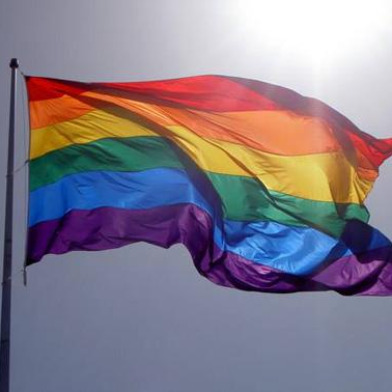
The California Supreme Court today turned down a petition in which the sponsors of Proposition 8 sought to have the ban on same-sex marriage put back into effect in most of the state.
The court, in an order issued in San Francisco, declined to grant a hearing on the petition, which was filed July 12. The court made no comment in the order, which was signed by Chief Justice Tani Cantil-Sakauye.
Today’s court action appears to bring an end to pending litigation seeking to stop gay and lesbian weddings in the state, at least for the time being.
Previously, the high court on July 15 turned down the sponsors’ request for an immediate stay of same-sex marriages while the panel considered the petition for review.
Then, on July 23, the court turned down a similar request for a stay by San Diego County Clerk Ernest Dronenburg, who asked the court to dismiss his separate petition for review a few days later. The court in a second order today granted dismissal of Dronenburg’s petition.
An earlier request by the Proposition 8 sponsors for a U.S. Supreme Court stay was rejected by Justice Anthony Kennedy on June 30.
In their petition, the sponsors of the 2008 voter initiative claimed that a federal court injunction blocking enforcement of Proposition 8 should apply only to the marriages of the two couples who challenged the measure.
Gov. Jerry Brown and state Attorney General Kamala Harris contend that the injunction, issued by U.S. District Judge Vaughn Walker of San Francisco in 2010, applies statewide.
Same-sex marriages resumed in California on June 28 after the 9th U.S. Circuit Court of Appeals lifted a stay of the injunction.
Two days earlier, the U.S. Supreme Court had left the injunction in place when it ruled that the Proposition 8 supporters had no standing to appeal it.
Walker ruled that the measure violated the constitutional rights of equal treatment and due process, and ordered state officials not to enforce it.
If the California Supreme Court had agreed to review the Proposition 8 backers’ quest to reinstate the ban in most of the state, the process would have taken several months and would have included a hearing and preparation of a full written opinion.
Because the court had previously denied a stay, gay weddings would have continued during that process.
The court grants review of only a small percentage of the petitions it receives.
Julia Cheever, Bay City News









